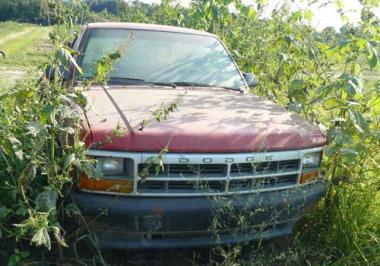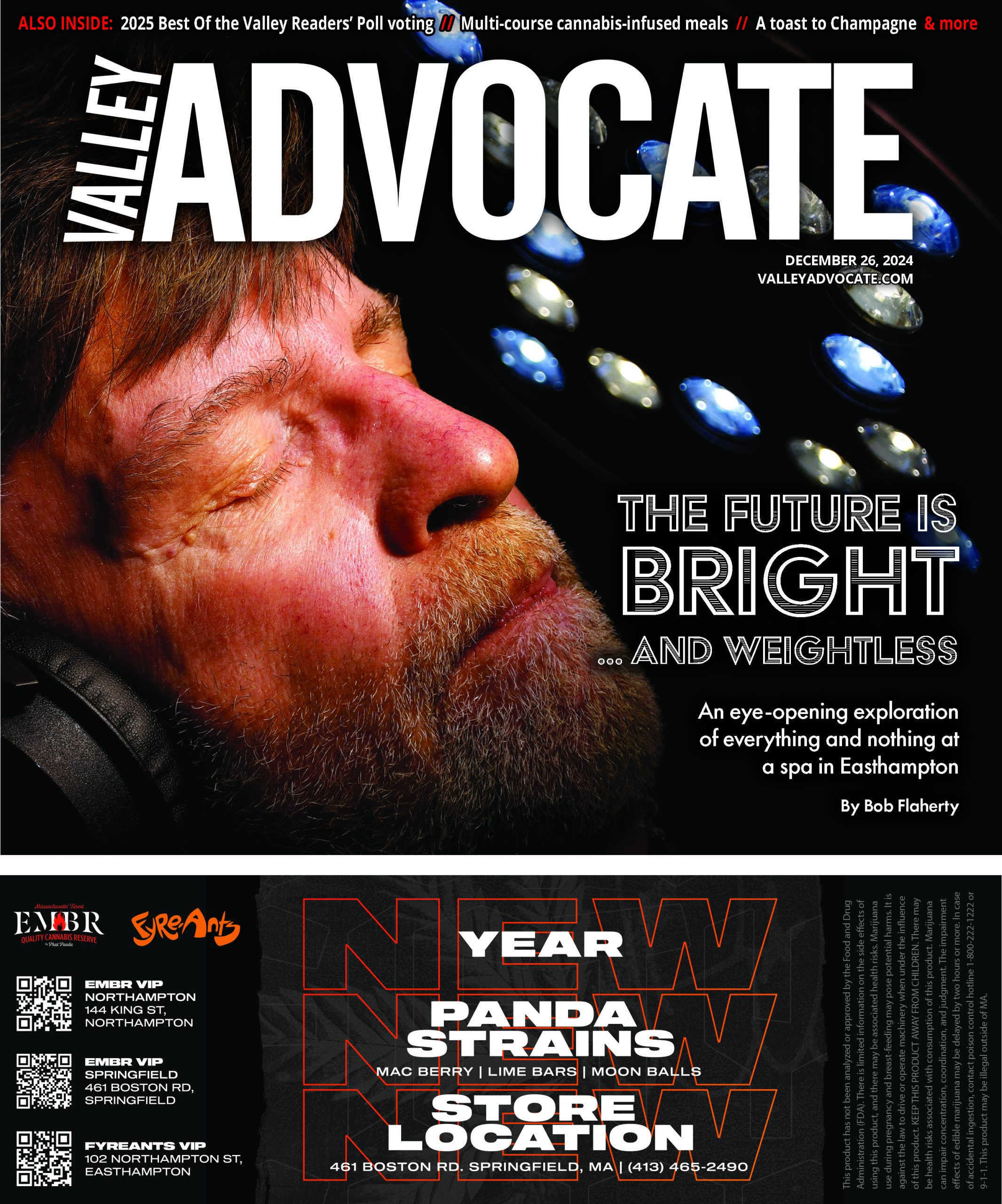James Howard Kunstler, author of World Made by Hand and The Long Emergency, is an unlikely prophet, but a prophet he is. Two weeks ago on a Sunday night, fans lined up in front of the Mahaiwe Theatre in Great Barrington, where his name glowed in old-fashioned marquee lights. The Mahaiwe is not far from Club Helsinki, or what used to be called Club Helsinki. Now it is just an empty space, recently closed and devoid of music and applause.
Kunstler was in town to speak at a benefit for a low-power radio station and the crowd was there to laugh at the inevitable collapse of all that we hold sacred. Listeners got his take on our culture, with its crappy architecture, its empty strip malls, its infatuation with an easy buck, and consumerism that seems just one soulless swipe of the bar code after another. While this plays well in the Berkshires, he is also showing up everywhere from The Colbert Report to kriscanshow on Youtube to TED, a yearly yak fest for brainiacs.
Nothing is sacred in Kunstler's world. Not Google ("kids in sideways caps and ass-crack jeans who think technology can save the world"), not the Aspen Institute ("all they care about is keeping cars on the road with whatever technology it takes"). Not even Little Debbie Snack Cakes.
At the Mahaiwe, Kunstler paced the stage riffing on the state of the Union, armed with a battery of evidence to back up his claims. Comprehensive analysis of the growth of the oil industry and its ultimate depletion was followed by images depicting American icons in embarrassing situations. "We still believe that if we wish for something, it will come true," he said, referring to cheap mortgages and easy debt. "It is about time to man up," he says clicking on to an image of Ronald McDonald sitting next to a fat guy with a foot-long camera lens pointing up from his lap. "We have to stop being clowns!"
A bar graph showing the amount of retail space per person in this country compared to the rest of the world brings home the point that shopping is the drug of choice in the U.S. Kunstler says that it takes a lot of oil to get salad shooters from China to box stores in strip malls so consumers can drive there to buy them.
The most damning fact is that the technology for getting oil out of the ground has become so effective, we're running on empty. Kunstler predicts that this coming winter, the price of oil will increase and there will be shortages. As for alternative energy such as wind power and ethanol, it cannot possibly fill in for our 20 million-barrel-a day oil habit: "In five years' time there will be no air travel, maybe only for the elite. That is just over. Kiss it goodbye."
There is no call to action except a warning that life will be different whether we like it or not. Localization, whether it be schools, commerce or food, is inevitable. "We have to start growing our own food and figure out how to create communities where trucks don't have to come from thousands of miles away to fill up the stores. …Of course we'll need animals," he says, standing in front of a picture of a small farm and adding, as an afterthought, "but I'm not sure how many."
By the end of the hour and a half, all evidence culminated in the simple fact that for years we've had our heads up our collective asses, iPod buds in place. "Happy Motoring" has led us to dependency on a substance that cannot be replaced. During a protracted question and answer period, people offered comments and concerns on everything from education to the homeless. Kunstler responded to one person who had become completely unglued and said, "Look, I'm not here to give you answers. I just do this and write books. That is all I can do."
Kunstler may not have any answers but in World Made by Hand, a fictional depiction of the future is nothing like the very scary scenario of Cormac McCarthy's The Road. World Made by Hand is set in a small town in upstate New York, where the lack of oil, law, money and electricity forces a group of people to start over. All information must be gleaned by travel on foot, by horse or by mule. The characters are a collection of people who are greedy, poor, smart, clever, weak and pure. In World Made By Hand, these Americans man up and make do with what is left standing. In spite of ensuing violence, crime, lack of food and do-it-yourself dentistry, a community slowly forms and finds a man to make some order out of things. It is not technology that gets them through, but old-fashioned leadership and potluck suppers.
Event: The Garlic and Arts Festival
Saturday and Sunday
October 3rd and 4th
Seeds of Solidarity Farm and the community of North Quabbin sponsor this yearly festival that features live music on a solar-powered stage, food, cooking demonstrations, planting demonstrations, vendors of every stripe and animals to observe. The American Roots Music Celebration will take place on Saturday with Ray Hendricks, Planet Zydeco, Unit 7 and the Leah Randazzo Quartet. Sunday's live music lineup of World Music features the Naia Kete Band, Mawwal, Tony Vacca and Friends (the Valley's internationally renowned master of world percussion) and Viva Quetzal.
Forsters Farm
60 Chestnut Hill Road, Orange
10 a.m.-5 a.m.
Admission: $5 or weekend pass for $8
Children 12 and under: free
For more information, visit www.garlicandart.org.



